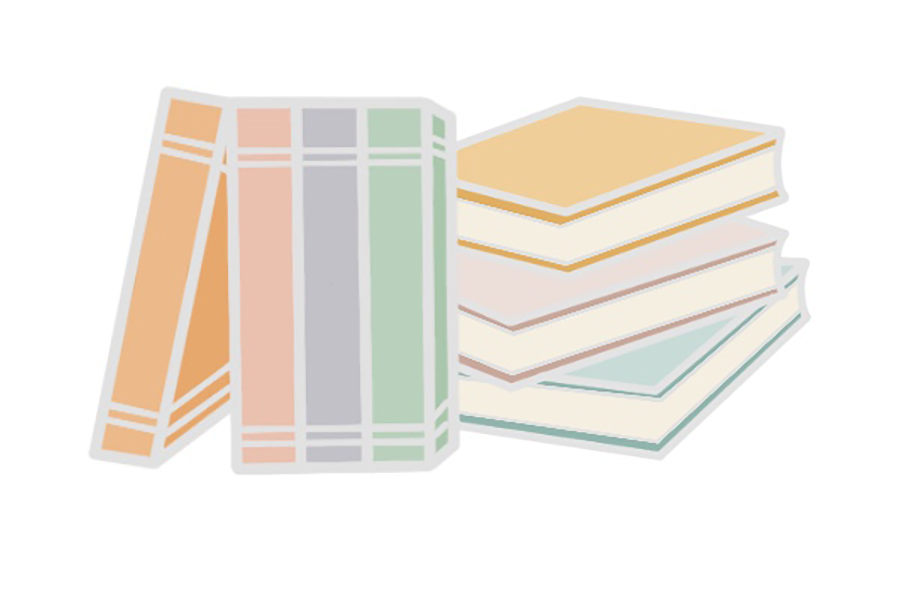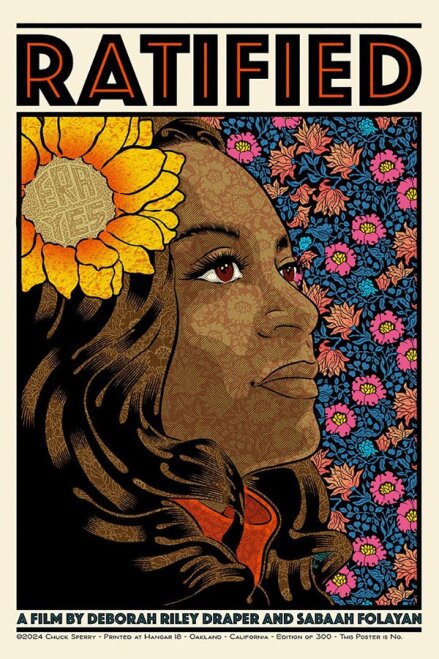Snippets from the Wisconsin Book Festival
October 29, 2014
Can’t decide on what book to read while you’re in-between classes, or on winter break? Have no fear! Within the past two weeks, the Central Library (amongst other venues) held the annual Wisconsin Book Festival.
This festival entailed nearly a hundred authors presenting themselves, their non-fictional or fictional work(s), and, taking questions from the audience. Much like the Comedy Festival, the Wisconsin Book Festival was a wonderful experience that intermingled the people in attendance, no matter the diverse in ages, races, and sexes. Everyone was there with an intellectual purpose, driven by curiosity.
Seeing only a snippet of the authors and the books that were presented, I don’t declare myself skillfully trained on determining read-worthy material. With that said, the following books are deemed readable by an apprentice, rather than an expert.
“Painted Cities,” by Alexai Galaviz-Budziszewski
Budziszewski explained to the audience this story was written in a more “nonfiction than fiction” tone. The chapters are short, random, with piercing images of violence described with profanity. An interesting background fact is while eighteen year-old Budziszewski was taking classes at a community college in Chicago, a real-life “Good Will Hunting” act evolved. A professor saw potential, urged Budziszewski to pursue his writing talent, and helped him apply to the Iowa Writer’s Workshop, where he was later accepted.
“Feminism Unfinished,” by Dorothy Sue Cobble, Linda Gordon, Astrid Henry
Although the title may seem fierce, the book and the authors behind it are not. Linda Gordon and Astrid Henry presented a half-hour synopsis about their collaborated work at the Book Festival, along with power point slides.
When asked by audience member what the authors thought about the status regarding the word feminism, and if the fight of feminism would ever be over, Gordon replied: “Now, the question is what is feminism?”
This exchange sums up my experience at this book event. However, “Feminism Unfinished” will provide knowledge and debunk the “wave theory” that is accompanied with feminism, to those readers that want to know more.
“Being Mortal,” by Atul Gawande
Gawande is a world-renown doctor and author. In his recent book, “Being Mortal,” he focuses on “how you would like to die rather than how you would like to live.” He describes the fear that encrypts the majority of Western modernized medicine, and how that fear plays a role when a family member is dying. A doctor like Gawande, who is so open and truthful about the uncertainties surrounding medical issues and practices, is rare. Having his thoughts published not just once but four times, is something to take advantage of: by reading them.






























